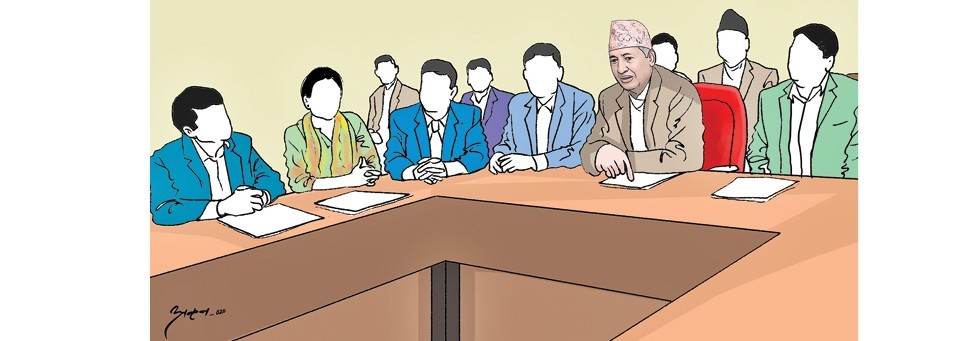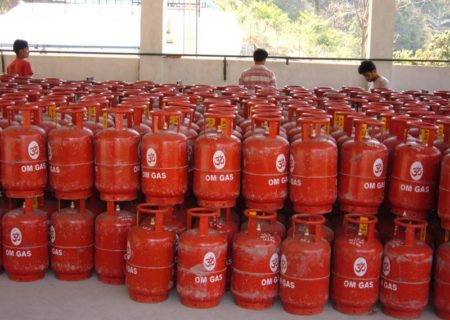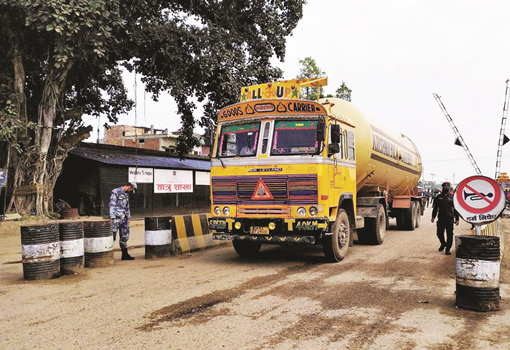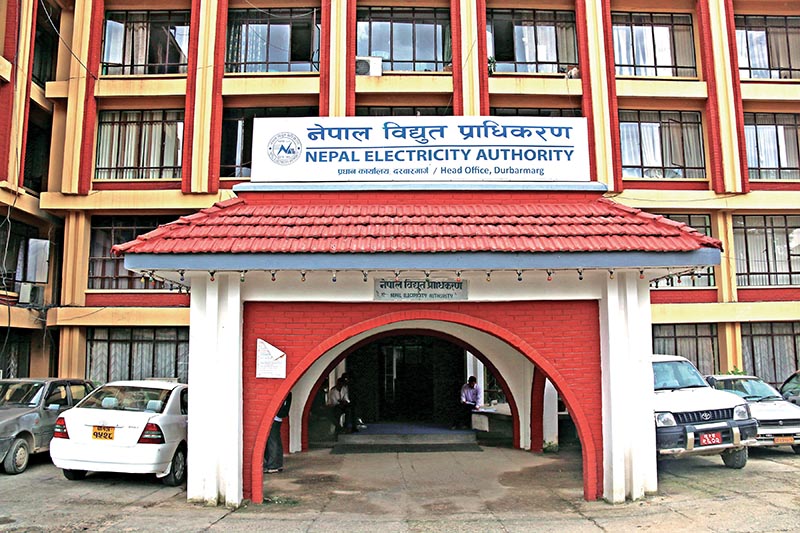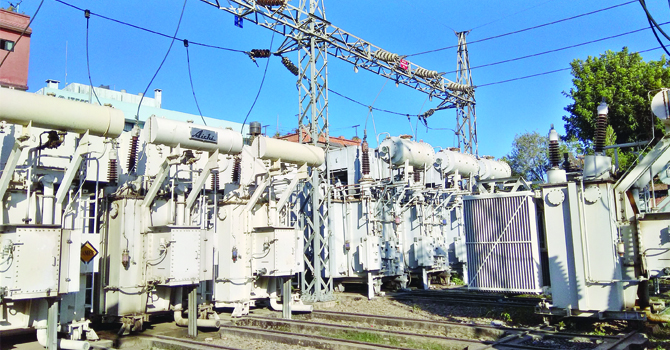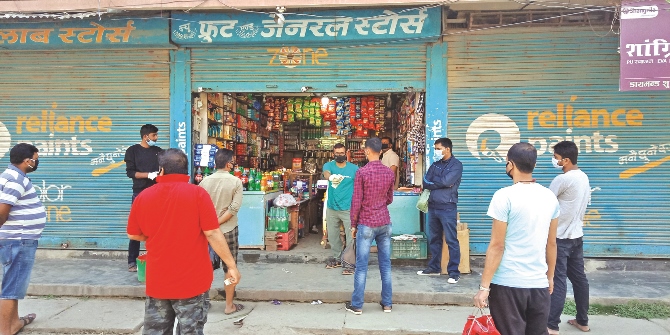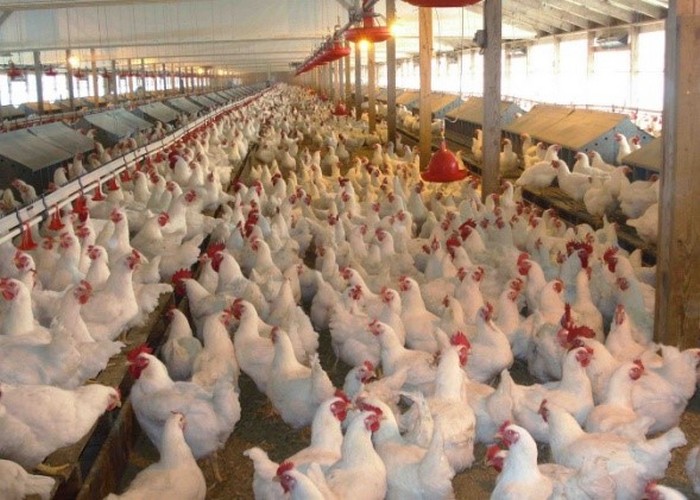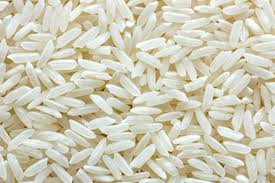Rise In Export Yet Trade Deficit Widens

Nepal's export trade has improved significantly over the past two years despite the adverse effects of the COVID-19 pandemic. Export trade has set a historic record this fiscal year. The country exported goods worth Rs. 147.74 billion during the first eight months of the current fiscal year, a record-high export from Nepal.
New Record
Exports have crossed the Rs. 100 billion mark for the first time since fiscal year 2020/21, reaching Rs. 141.12 billion and have again set a new record this year.
Even with an increase in exports, efforts to promote exports to address the widening trade deficit have not yet yielded the desired results. Imports increased by 38.6 per cent to Rs. 1,308.73 billion during the first eight months of the current fiscal year. Still, the ratio of exports to imports is 1:8.9.
The share of export in the total foreign trade is at only 10.1 per cent, while that of imports is at a whopping 89.9 per cent, according to the latest trade statistics from the Department of Customs. As the volume of imports is increasing more than the size of exports, there is no need to be happy about the increase in exports.
In recent years, the growth in the export of soybean oil and palm oil – which primarily use imported raw materials – has contributed to increased export trade. But, the exports of our own major exportable products – carpet, readymade garments, and pashmina – could not increase as expected. Nepal's carpets and yarn were popular goods in the international markets in the past.
It has raised concerns over the stable growth in exports in the coming days, as crude soybean and palm oil are still being imported from the international market. If the import of these products had stopped, it would have hit hard on Nepal's export trade. The ongoing war between Russia and Ukraine may affect the import of these goods and ultimately affect exports as well.
"Export of soybean oil is increasing lately, which is contributing to minimising the trade deficit. But the question is - how long will it last," said Krishna Raj Bajgain, a senior officer at the Trade and Export Promotion Centre (TEPC).
When exports of palm oil increased last year, India restricted its imports, leaving Nepali exporters helpless.
It is good to increase exports by adding value to imported goods, but the government should hold dialogue with the concerned countries for the sustainability of emerging exportable products, he said.
Foreign trade statistics at the Department of Customs showed that the share of palm and soybean oil in the export trade stood at around 52 per cent during the review period.
The country exported soybean oil worth Rs. 41.40 billion and palm oil worth Rs. 35.32 billion during the review period.
According to Director at the Department of Customs, Punya Bikram Khadka, the growth of export in soybean and palm oil has significantly contributed to the export growth.
Khadka said that a rise in exports by adding value to imported goods is good. It is equally necessary to give continuity to the export of these goods.
However, the export of these goods may be affected in the days to come as the import of crude oil from Ukraine has started being affected due to the Russia-Ukraine conflict.
Supply Side Constraints
Supply-side constraints – low production, high cost, and a lack of investment in manufacturing industries – are the major bottlenecks to increasing exports.
Nepal is getting trade facilities in bilateral and multilateral trade under the World Trade Organisation (WTO) and South Asian Free Trade Area (SAFTA). Nepali traders at present can export over 8,000 products to China without paying import duty. The European Union has an 'everything but arms' policy, while the United States of America has adopted a favourable policy for about six dozen Nepali goods. Nepal failed to reap the benefits of these facilities due to the lack of the desired products.
There is no problem with the market for Nepali products, but Nepal cannot increase production of the standard exportable items having competitive prices, which always create a bottleneck for our export regime. High production costs have reduced the competitiveness of Nepali goods in the international market.
Production, infrastructure and marketing are key requirements to strengthen the supply of goods exported from Nepal. The government should bring a robust "product development programme" from production to export market level to increase production.
Besides, the government should focus on increasing the production of potential domestic products to increase export and import substitution.
It is equally important to increase cash incentives from the existing 3-5 per cent and simplify the procedures to provide incentives to exporters based on their export.
Widening Trade Deficit
The growing trade deficit has become a big challenge to the country's economy, thanks to ever-rising imports. With soaring imports, foreign currency reserves are depleting rapidly, pushing the balance of payment to the deficits and prompting the central bank to tighten the import of some goods.
The country's trade deficit is likely to exceed the current fiscal year's budget. The country's trade deficit has already reached Rs. 1,160.98 billion during the first eight months of the current fiscal year. This is 34.50 per cent higher than the corresponding period of last fiscal year.
The trade deficit was Rs.863.20 billion during the first eight months of the last fiscal year 2020/21. The government has lowered the size of the total budget to Rs. 1,546 billion from Rs. 1,632.83 billion for the current fiscal year 2021/22.
The import of agricultural products is growing year by year which is also creating challenges for the country to narrow the trade deficit.
Until and unless we substitute the import of agricultural goods, there is a slim chance to reduce the trade deficit. The country imported agricultural goods above Rs. 250 billion, including cereals worth Rs. 57 billion in the first eight months of the fiscal year.
In the meantime, Prime Minister and Minister for Industry, Commerce and Supplies Sher Bahadur Deuba expressed serious concern over the growing trade deficit and directed it to formulate policies and programmes to narrow the trade deficit.
"The country's trade deficit is in a critical condition. You have to have policies and programmes to reduce such a deficit," he said.
Prime Minister Deuba also directed to move ahead with increasing investment in potential sectors to make the economy self-reliant.
Rising prices of petroleum products and imported goods will further affect the trade deficit and the country's economy. As an import-based economy, Nepal has to spend more on imported goods. As a result, the trade deficit will go up further. The country imported petroleum products worth Rs. 185 billion in the first eight months of the current fiscal year. The share of fuel to total import trade stands at 14 per cent.
More Productions Needed
Poor trade logistics and infrastructure are the major hurdles to export promotion. The trade potential of any country will be strong in international markets only if the trade logistics – a collection of produce, processing and creating value chain and cheaper cost – are developed and enhanced.
"It is necessary for product diversification and to make a product development plan based on the potential and comparative advantages products in terms of production and international market demand to increase export and reduce the trade deficit as well," said former finance secretary Rameshore Khanal.
"As Nepal lacks efficient trade logistics, transportation of goods is expensive and products are not being delivered in timekeeping their quality intact. Inability to deliver quality goods in time might result in loss of markets abroad. This is what happened to our carpet and garment,"
he said.
Along with increasing quality production, the strategic marketing of products in international markets equally needs to increase exports. However, the sluggish attitude of Nepali diplomatic missions abroad, which can play a role in marketing, is a major obstacle to enhancing the export of Nepali products. Therefore, the Nepali diplomatic mission abroad should promote Nepali goods and create a platform for creating an environment to interact between traders and buyers for the marketing of goods.
(A journalist at TRN, Kafle writes about business and finances)
Recent News

Do not make expressions casting dout on election: EC
14 Apr, 2022
CM Bhatta says may New Year 2079 BS inspire positive thinking
14 Apr, 2022
Three new cases, 44 recoveries in 24 hours
14 Apr, 2022
689 climbers of 84 teams so far acquire permits for climbing various peaks this spring season
14 Apr, 2022
How the rising cost of living crisis is impacting Nepal
14 Apr, 2022
US military confirms an interstellar meteor collided with Earth
14 Apr, 2022
Valneva Covid vaccine approved for use in UK
14 Apr, 2022
Chair Prachanda highlights need of unity among Maoist, Communist forces
14 Apr, 2022
Ranbir Kapoor and Alia Bhatt: Bollywood toasts star couple on wedding
14 Apr, 2022
President Bhandari confers decorations (Photo Feature)
14 Apr, 2022


